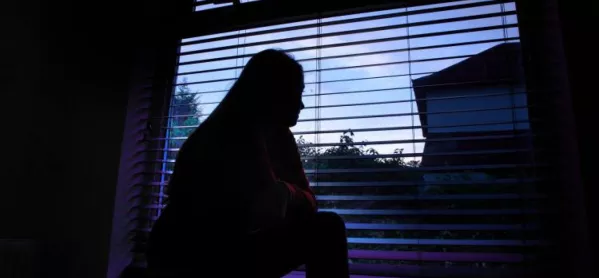Teachers should look out for girls who have difficulty in walking, sitting and standing, or who request to be excused from PE lessons, according to a new guide on spotting signs of female genital mutilation (FGM).
Other indicators that schools should be aware of include girls having a prolonged absence from school, noticeable behavioural changes following these absences, or girls speaking about being on holiday to their country of origin or another country where the practice is prevalent.
The indicators have been published by Islington Council and the Manor Gardens Welfare Trust as part of a risk assessment tool which helps teachers to identify and assess the risks of the FGM.
The 12-page workbook takes teachers through the signs that a child may be at risk, that FGM may have already taken place, and instructions on what educators should do if such a situation arises.
The steps include documenting the signs, contacting the council’s children’s services contact team, or ringing 999 if a girl appears to be recently cut or is an imminent risk.
Identifying victims of FGM
The World Health Organisation estimates that more than 200 million girls and women alive today have undergone the procedure, and that 3 million girls are at risk every year.
Tes reported in September that between April 2015 and March 2018, there were 16,265 women and girls recorded in the health service in England as having undergone FGM at some point in their lives.
Of the 6,195 cases recorded between April 2017 and March this year, 150 affected people were born in the UK while 1,715 were born in eastern Africa.
FGM survivor and campaigner Dr Leyla Hussein warned earlier this year that schoolgirls have been pressured by their peers in UK playgrounds to have FGM.
Talking about the new guide, Dr Hussein, said: “For too long girls at risk have been let down and not given the support they need. Going forwards, I hope this tool gives those who are in position to take action and prevent FGM the knowledge and confidence to do so.”
Councillor Kaya Comer-Schwartz, Islington Council’s executive member for community development, said: “FGM is a crime - it is abuse, and all forms of violence against women and girls are completely unacceptable. This excellent, simple new risk assessment guide will help professionals on the frontline identify and help children and women at risk of FGM, or who have already been subjected to FGM.
“We’re committed to creating a borough where no form of abuse is tolerated, and where people affected can get the help they need.”
The guide is available here.




